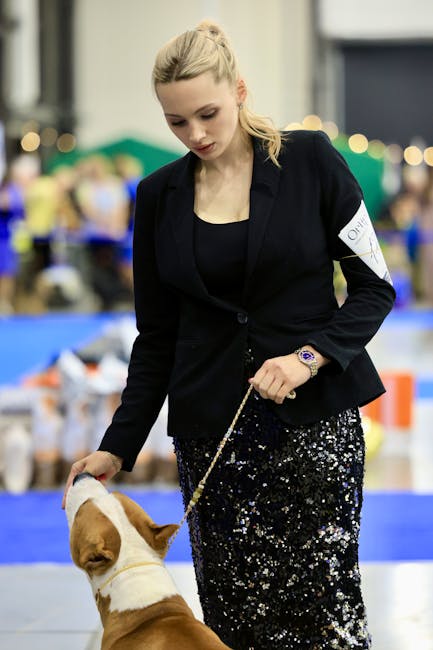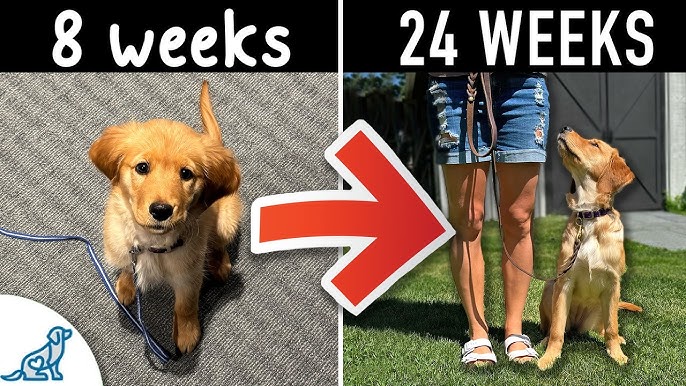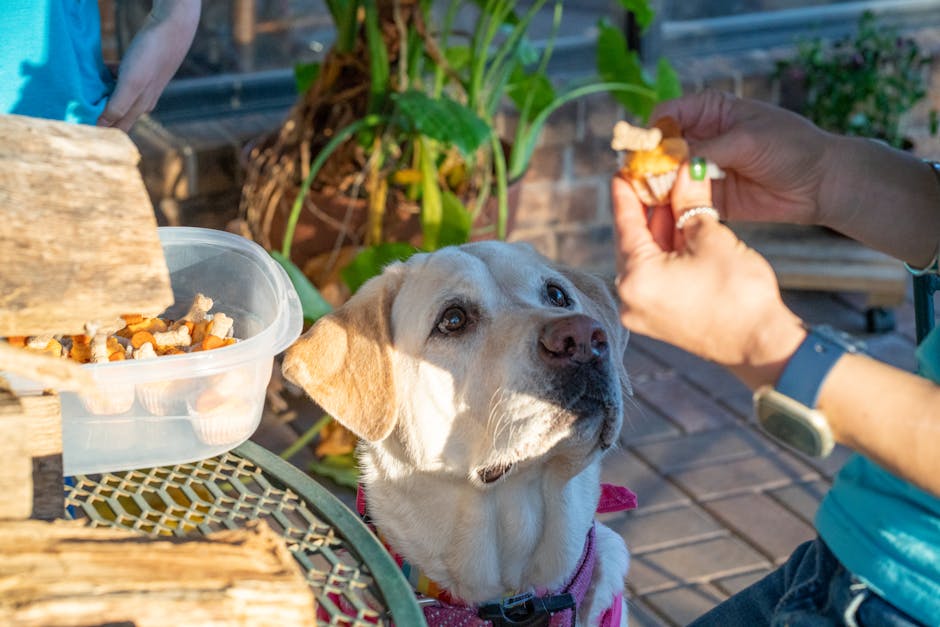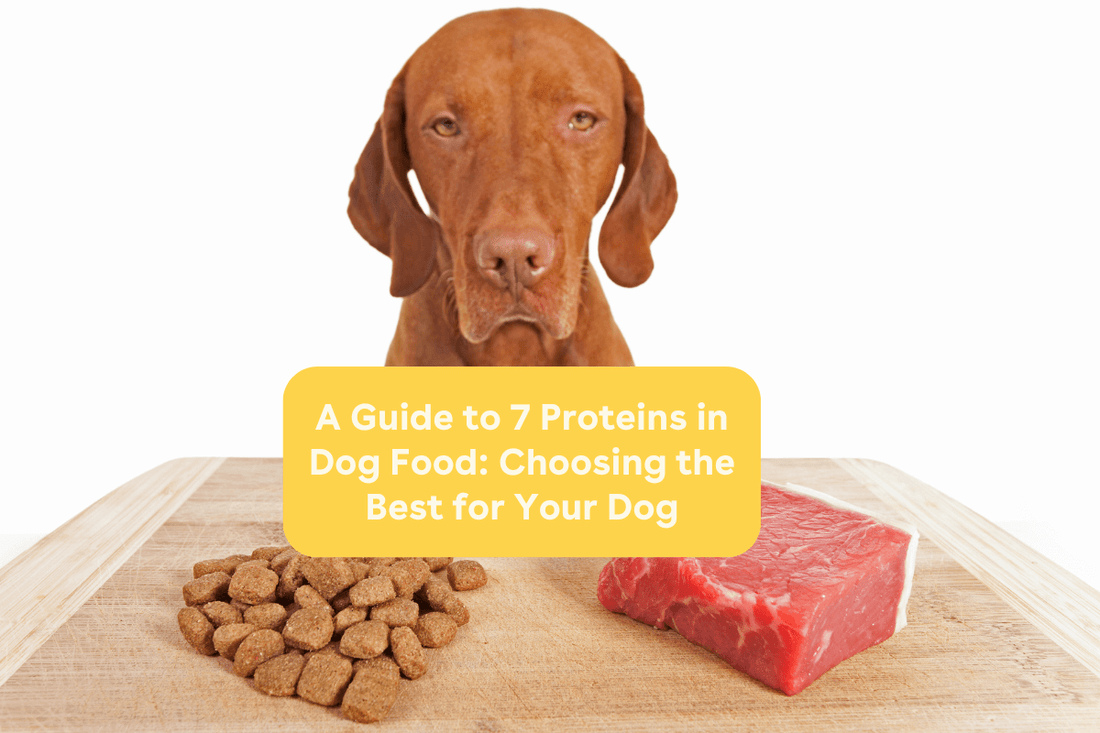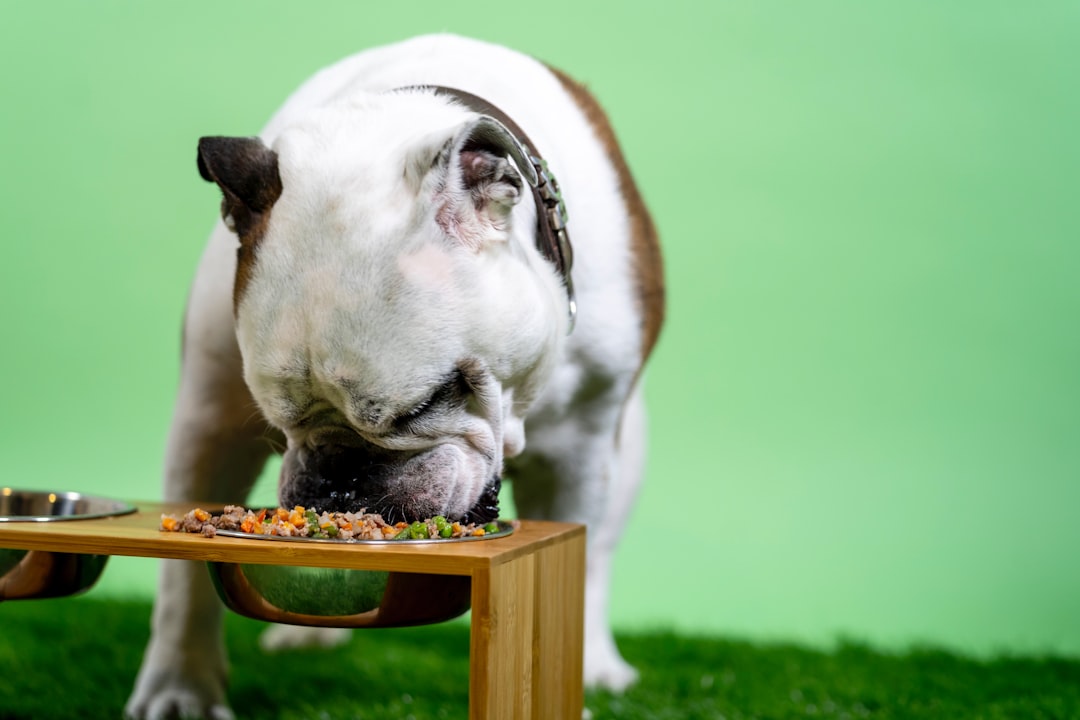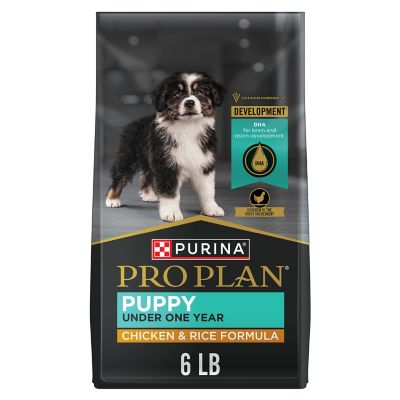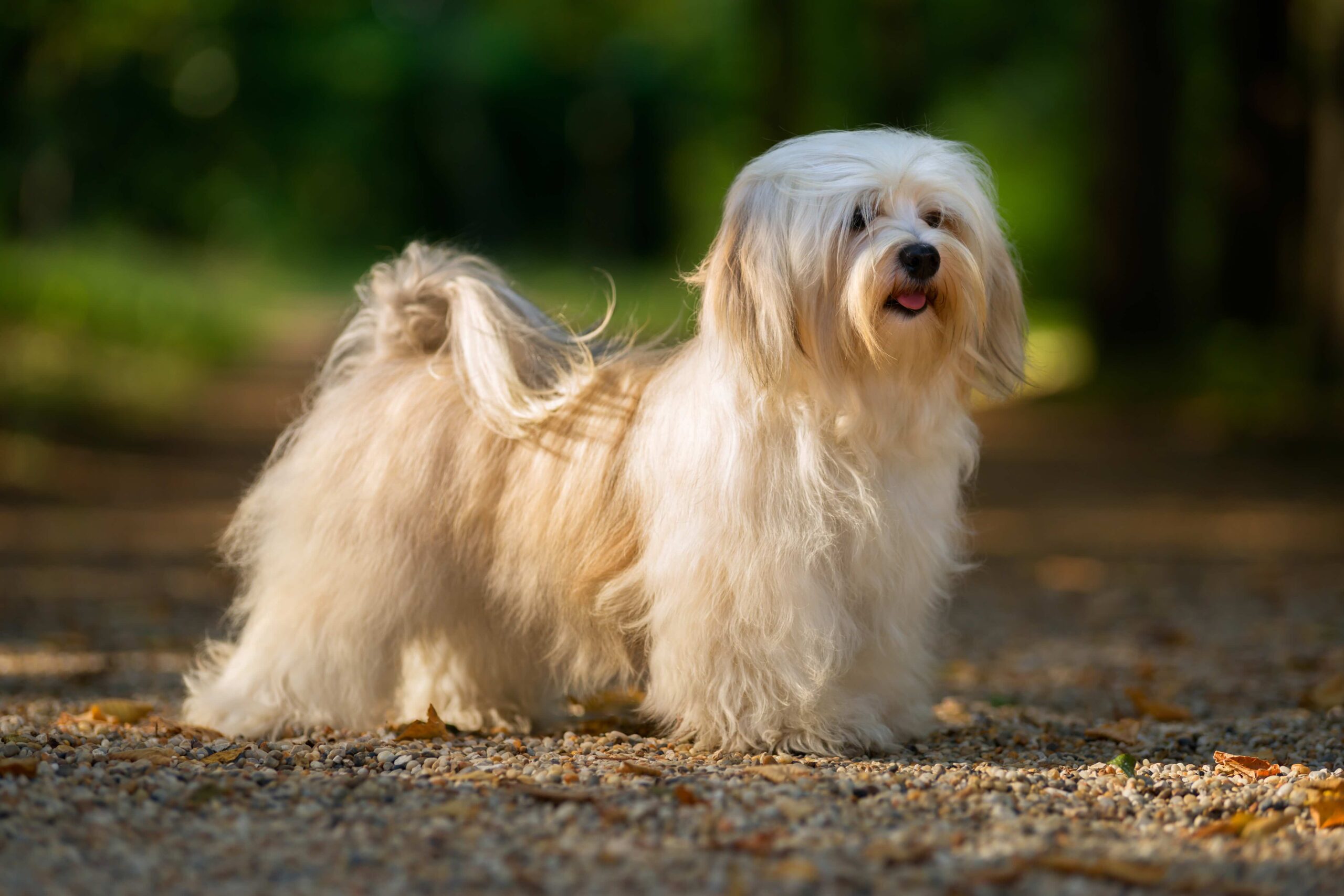Are you worried about allergies or tired of dealing with dog hair all over your home? Finding a dog breed that is hypoallergenic and doesn’t shed can be a game changer for your comfort and cleanliness.
Imagine enjoying the companionship of a furry friend without sneezing fits or constant cleaning. You’ll discover which dog breeds fit this rare combination perfectly. Keep reading to find the perfect pup that matches your lifestyle and keeps your space hair-free!

Credit: medium.com
Hypoallergenic Dogs Explained
Some people are allergic to dogs but still want a pet. Hypoallergenic dogs may help. These dogs cause fewer allergy problems.
Not all dogs are the same for allergy sufferers. Some breeds shed less and spread fewer allergens.
What Makes A Dog Hypoallergenic
A hypoallergenic dog sheds less hair and dander. Dander is tiny skin flakes that carry allergens. Less shedding means fewer allergens in the air.
Some breeds also produce less saliva or have hair that grows instead of fur. These traits reduce allergy triggers.
- Low shedding coats
- Hair that grows instead of fur
- Less saliva production
- Regular grooming reduces allergens
Common Allergens In Dogs
Allergens come from dog hair, skin flakes, saliva, and urine. These substances cause allergy symptoms.
People usually react to dander and saliva. Dander sticks to hair and spreads in the home. Saliva can cause reactions when dogs lick people.
- Skin flakes (dander)
- Dog hair carrying dander
- Saliva
- Urine

Credit: www.nylabone.com
Shedding And Allergies
Many people want dogs that do not cause allergies. Shedding can spread pet dander, which triggers allergic reactions. Choosing the right dog breed helps reduce allergy problems.
Hypoallergenic dogs shed less or not at all. This lowers the amount of dander in the home. It makes living with allergies easier for some people.
How Shedding Affects Allergies
Shedding dogs lose hair and skin flakes called dander. Dander contains proteins that cause allergies. The more a dog sheds, the more dander spreads in the air and on surfaces.
People with dog allergies often react to this dander. It can cause sneezing, itchy eyes, and runny nose. Reducing shedding lowers dander and allergy symptoms.
Low-shedding Vs Non-shedding Breeds
Low-shedding breeds lose less hair but still shed some dander. Non-shedding breeds hardly lose any hair or dander. Both types are better for allergy sufferers than heavy shedders.
- Low-shedding breeds include Poodles, Schnauzers, and Bichon Frise.
- Non-shedding breeds include Basenjis and certain Terrier mixes.
- Non-shedding dogs may need regular grooming to keep their coats healthy.
- Low-shedding dogs may still require cleaning to reduce dander.
Top Hypoallergenic, Non-shedding Breeds
Many people want dogs that do not cause allergies or shed hair. Hypoallergenic breeds are better for sensitive owners.
These dogs often have hair that grows differently. This reduces dander and shedding around the home.
Poodle
Poodles come in three sizes: standard, miniature, and toy. They have curly coats that trap hair and dander.
Their low-shedding coat makes them a good choice for allergy sufferers. Regular grooming keeps their hair healthy.
Bichon Frise
Bichon Frises have soft, curly coats that do not shed much. They are playful and friendly dogs.
This breed needs regular brushing to avoid mats. Their coat helps reduce allergens in the home.
Maltese
The Maltese has long, silky hair that sheds very little. Their coat requires daily care to stay tangle-free.
They are gentle and good for people with mild allergies. Regular grooming helps control shedding and dander.
Portuguese Water Dog
This breed has a curly, water-resistant coat. It sheds very little and holds dander well.
Portuguese Water Dogs are active and intelligent. They need regular brushing and occasional trimming.
Schnauzer
Schnauzers come in miniature, standard, and giant sizes. They have wiry coats that shed minimally.
Regular grooming and trimming keep their coat neat. They are alert dogs that suit allergy-sensitive homes.

Credit: www.latimes.com
Choosing The Right Dog For Allergy Sufferers
Many people love dogs but struggle with allergies. Some dog breeds shed less and cause fewer allergy problems.
Choosing a hypoallergenic dog can help allergy sufferers enjoy a pet without discomfort. It is important to know which breeds fit this need.
Assessing Your Allergy Severity
Allergy levels vary from person to person. Some people have mild reactions, while others have strong responses to dogs.
Understanding your allergy severity helps pick the right dog breed. You may need to test your reaction before deciding.
- Note symptoms like sneezing or itchy eyes
- Consider seeing an allergist for testing
- Check if other pets cause reactions
Spending Time With The Breed Before Adoption
Meeting the dog breed before adoption shows how your allergies react. Spend time with the dog in a calm setting.
This helps avoid surprises after adoption. Visit breeders, shelters, or friends who own the breed you want.
- Pet the dog and notice any allergy symptoms
- Observe the dog’s shedding and grooming needs
- Ask about the dog’s behavior and care
Care Tips To Reduce Allergens
Some dog breeds are hypoallergenic and do not shed much. These dogs cause fewer allergy problems. Still, you can take steps to reduce allergens at home.
Good care and cleaning help keep your home fresh. These tips make living with your dog easier for allergy sufferers.
Grooming Practices
Regular grooming lowers the amount of loose fur and dander. Brush your dog often using a suitable brush. This removes dead hair and skin.
Bathing your dog once a month helps reduce allergens. Use a gentle shampoo made for dogs. Avoid over-bathing to protect skin oils.
- Brush your dog at least 3 times a week
- Use a damp cloth to wipe your dog’s coat between baths
- Trim hair around the face and paws to limit dander spread
- Keep your dog’s nails trimmed to avoid skin irritation
- Use hypoallergenic grooming products
Home Cleaning Strategies
Clean your home often to remove pet hair and dander. Use a vacuum cleaner with a HEPA filter. This traps allergens better than regular vacuums.
Wash your dog’s bedding and toys regularly in hot water. Dust and wipe surfaces to lower allergens in your living space.
- Vacuum floors and furniture twice a week
- Use washable covers on furniture
- Keep pet areas tidy and free of loose hair
- Air out rooms daily to reduce indoor allergens
- Use an air purifier with a HEPA filter
Frequently Asked Questions
What Are Hypoallergenic Dog Breeds?
Hypoallergenic dog breeds produce fewer allergens, making them suitable for allergy sufferers. Popular breeds include Poodles, Bichon Frises, and Portuguese Water Dogs. They have hair instead of fur, reducing dander. Regular grooming further minimizes allergens. These breeds are ideal for those seeking a pet with less risk of allergic reactions.
Do Hypoallergenic Dogs Shed At All?
Hypoallergenic dogs shed less than other breeds, but they are not completely shed-free. Their hair grows continuously, which reduces shedding significantly. Regular grooming helps manage any minimal shedding. While no dog is 100% hypoallergenic, these breeds are less likely to cause allergies.
Why Choose A Hypoallergenic Dog Breed?
Choosing a hypoallergenic dog reduces the risk of allergic reactions in sensitive individuals. These breeds are ideal for families with allergies. They produce fewer allergens and shed less, making them easier to maintain. Hypoallergenic dogs allow allergy sufferers to enjoy the companionship of a pet.
Which Small Hypoallergenic Dogs Are Popular?
Popular small hypoallergenic dogs include the Maltese, Bichon Frise, and Miniature Schnauzer. These breeds are known for their friendly nature and manageable size. They produce less dander and shed minimally, making them ideal for allergy sufferers. These breeds are perfect for those seeking a small, low-allergen companion.
Conclusion
Choosing a hypoallergenic dog breed that does not shed helps many people with allergies. These dogs offer companionship without constant cleaning. Breeds like Poodles and Bichon Frises are great options. They have hair that grows continuously and sheds very little.
This means fewer allergens in the home. Remember, no dog is 100% allergy-free, but these breeds come close. Enjoy a furry friend without worrying about shedding or allergies. Finding the right dog makes life easier and happier.

